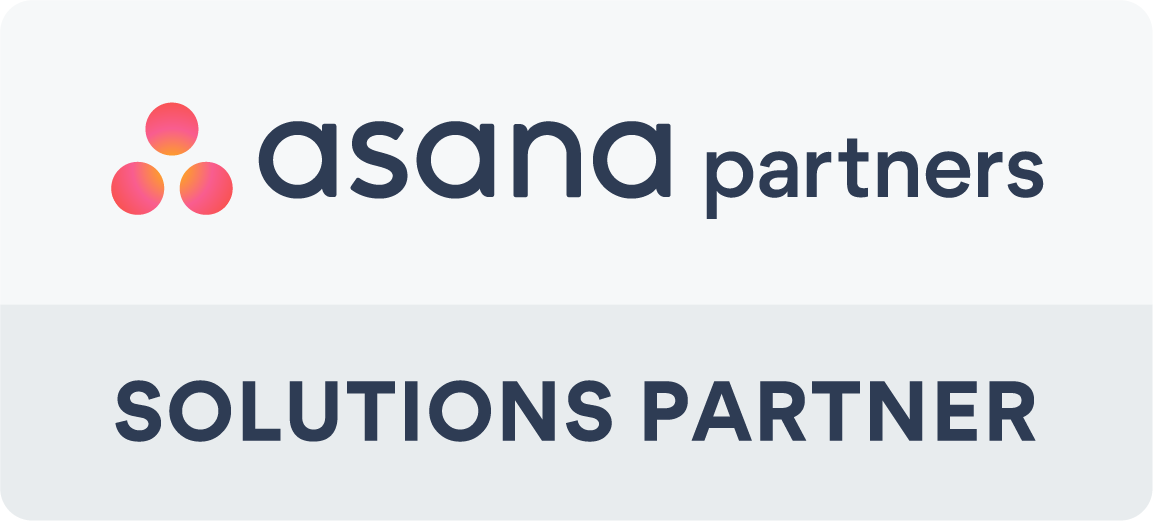BONUS DOWNLOAD: 5 Signs You’ve Outgrown Zapier (EBOOK)
API is an abbreviation for Application Programming Interface (API), and it is a widely distributed interface that facilitates communication and connectivity between two or more software applications.
API Integration relates to this seamless connectivity that enables organisations to automate business processes. It improves the embedding of data and sharing of data between various systems and applications—for instance, Airbnb and Tripadvisor aggregate data from multiple hotels and airlines by using their API.
In today's society, APIs are a necessity of modern enterprise IT. It is less a matter of if APIs are necessary, but rather how many are needed and how will they be developed and published. There are now more than 23,500 APIs in existence, with more to be published soon.
Companies now have the resources and options at their disposal for creating and deciding how to integrate APIs. But among those choices, there is only one that can guarantee scalability and speed: the API integration platform.
We have listed the top 10 reasons why an API integration platform is ideal for your organisation:
1. To start, you will need to connect to cloud apps
More than a hundred cloud apps exist today, and this type of technology has firmly permeated the enterprise. According to the 2019 Annual SaaS Trends Report, companies with approximately 100-250 employees use about 99 apps across their organisation, while companies with more than 1000 employees use well over 203 apps.
When connecting to cloud apps, API integrations are now the norm. Most well-known integration technology, such as enterprise service buses (ESBs), was created in the on-premise era and currently struggle to support modern API connectivity, even beyond the firewall.
With more apps shifting towards the cloud, it no longer seems necessary to house the platform that connects all these clouds behind your firewall. In essence, an API integration platform made in the cloud is crucial to connect today's modern APIs.
Workato is a leader in automation and has the skills that meet the requirements of modern API integrations. Workato possesses the capabilities of integrating your apps efficiently, but it also automates your work across the organisation, giving you more time to focus on more important things.
2. To use an API integration platform, you need to connect your best-of-breed solutions
In a typical department, several tasks need completing; within that department are teams to execute specific tasks based on their skills and capabilities, all of which are under review. But while there are some tools out there that claim to be useful for just about everything in a busy organisation, the solution is more than likely to be expensive and not capable of helping employees complete all tasks efficiently and effectively.
Instead, estimates show that organisations are now creating their solutions by assembling their platforms and adopting best-of-breed solutions that handle specific tasks and data sets.
3. You need to know how to quickly and easily build new APIs.
Until recently, if you require an API, there would be two main options to choose from: either use what you currently have already available (such as a third party or a SaaS vendor) or build an API from scratch. For various reasons, both scenarios would be problematic.
If you were to choose the first option, assuming that an API is available from an outside source, it could be limited in its use and functionality. Should you have opted to make an API from scratch via code would be ideal, but the disadvantage would be the amount of time needed to create and maintain an API.
By definition, API integrations via an Integration Platform as a Service (iPaaS) platform can offer a better option. You can connect an API from an existing integration, saving you time and money while also fully leveraging your current technology investments.
BONUS DOWNLOAD: 5 Signs You’ve Outgrown Zapier (EBOOK)
4. You need to unlock the value from legacy and existing data sources, and here's why
At various companies, especially those that have matured over time, data that is more than a few months or even a year old may end up on a database somewhere with the data remaining dormant. One of the common reasons this happens with underutilised older data is that it can be rather hard to access and poorly integrated into current systems.
With API integration tools, this can be hugely beneficial in this situation. With such a situation, an enterprise can build its very own APIs for internal uses. Working in this way supports businesses by making it easier to extract data from older servers and databases and reuse the modern business workflows and logic in play.
5. You need to compose new apps
Interestingly, when Facebook purchased Instagram in 2012, the photo-sharing social network had 13 employees. WhatsApp had 55 staff members in 2014 when Facebook bought it. The question here is: How were these companies able to build enormously successful apps with small teams? The answer to that is APIs.
Most popular apps can leverage previously existing technology, which is tied together in a unique way using APIs. Social media and photo filters were around way before Instagram existed, but they could package them together in a unique way using APIs.
By using an API integration platform, teams can quickly connect disparate technology or expose existing integrations as APIs or microservices to bring new apps to market.
6. Your teams need to be more strategic
In any growing organisation where API creation is a manual exercise, it’s crucial to employ a team of skilled developers and other IT staff to get everything up and running smoothly. Furthermore, enterprise departments that lack concrete, integrated stacks often hire staff members specifically to support and handle two or more apps.
With an API integration platform in place, team developers can focus their efforts elsewhere on strategic projects, though fewer people must keep every department productive.
7. Improve team productivity across the board
For developers, members of the IT department, including coders, automate connectivity between applications and data sources via API integrations, which serve as a fundamental component to productivity. Employees can devote the amount of time spent in creating, managing and maintaining APIs to other projects.
API integration platforms provide similar benefits to other enterprise departments too. Not only does this technology enable stacks to become a possibility, but such platforms often enable even non-technical teams to build and manage their APIs, if needed.
8. API integration platform makes it easier than managing each API individually
Using manual API creation or third party API still requires oversight and maintenance by developers and other IT staff members on the enterprise.
API integration platforms, however, can reduce administrative burden in a multitude of ways. API integration tools make management easy and secure.
9. Work together, not alone
Whether self-created or third-party APIs are in use, businesses typically have no one to turn to for support. APIs made by outside parties might sometimes offer documentation and user guides, but it’s not helpful in some cases.
API integration platform providers often have in-house experts that can be called upon if needed. This level of support would be beneficial as it can go a long way toward ensuring that a business is getting the most out of all of its APIs and other IT investments.
10. An API integration platform will help future proof Enterprise integrations
Technology has always progressed rapidly, and this growth shows no sign of slowing down any time soon. Machine learning, the Internet of Things (IoT) and wearables are just some of the technology trends assured to dramatically alter the enterprise IT landscape.
With the use of an API integration platform in position, organisations can be sure they can effectively integrate these new technologies as they expand and mature.
Want to find out more about the leading integration platform? Check out gend.co/workato and get a free 30-day trial and product demo.



